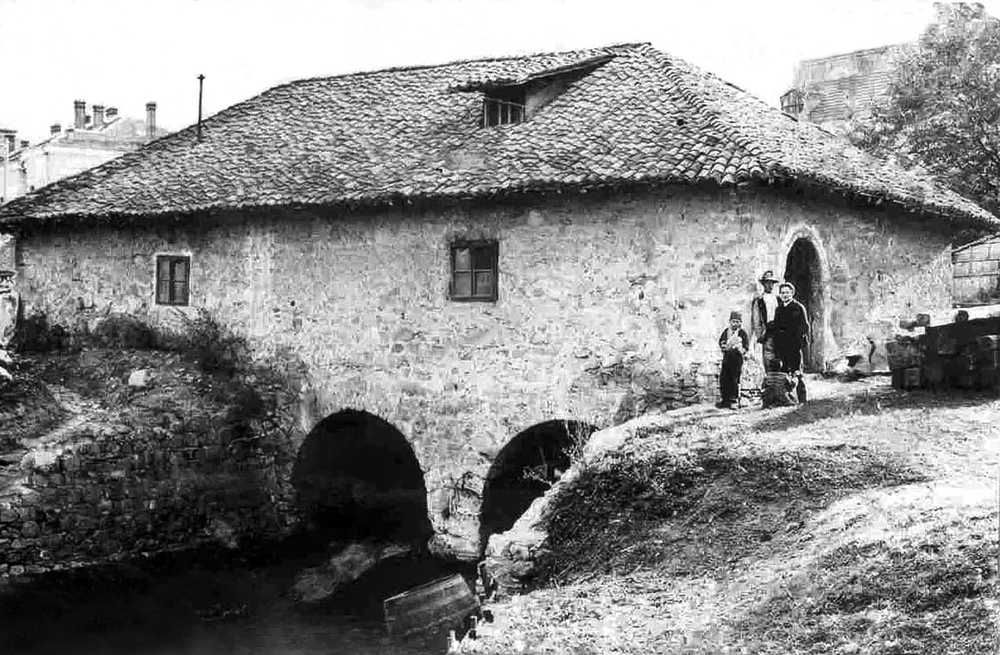
Turkish Water Mill is one of the oldest buildings in Zaječar but we have no trace of the date when it was built. For two centuries, it ground the wheat to the citizens and villagers from the Timok Region. After the Turks left Serbia, it was the ownership of some Kosta from Niš.
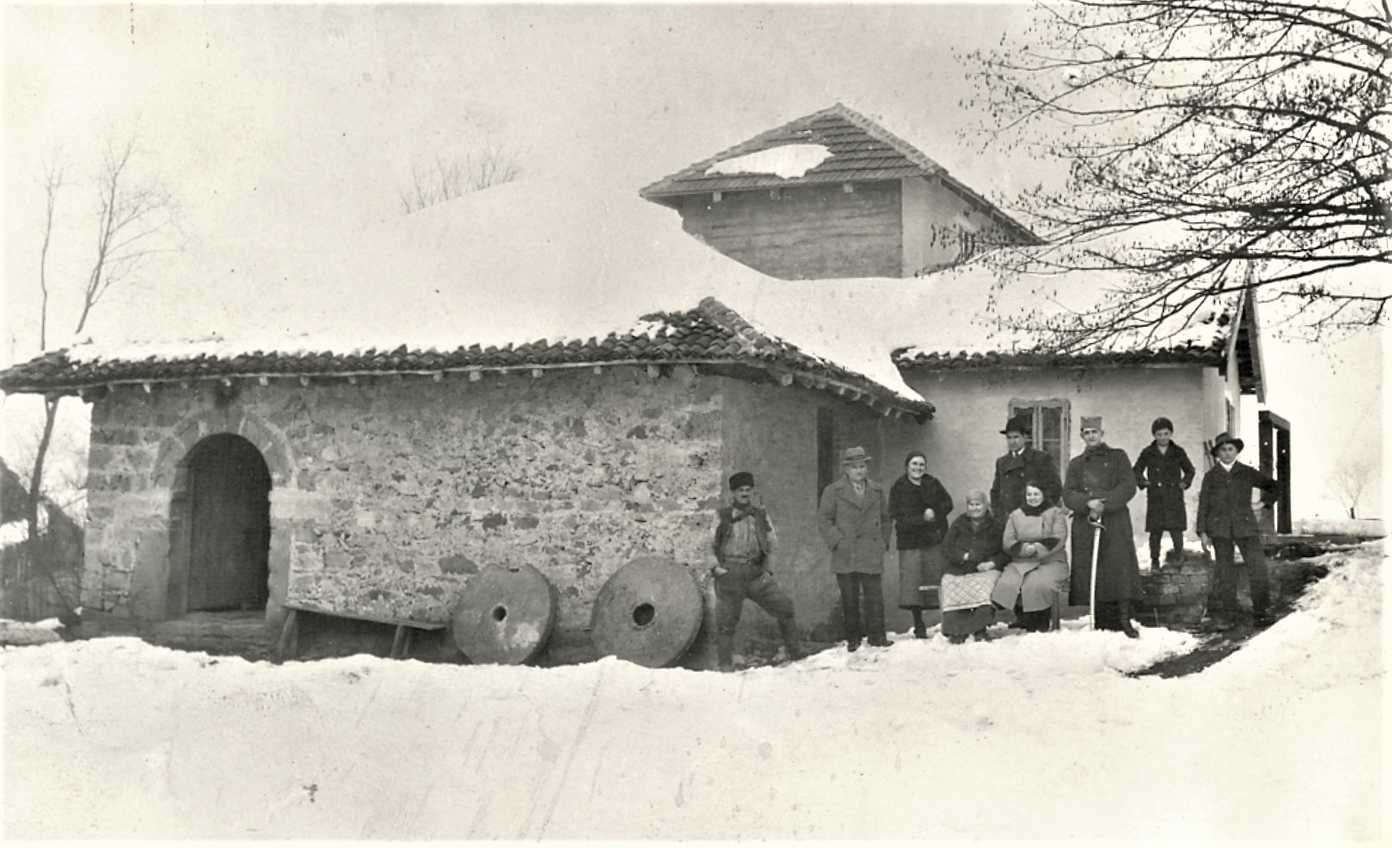
Jeremija Zdravković bought the water mill from Kosta from Niš.
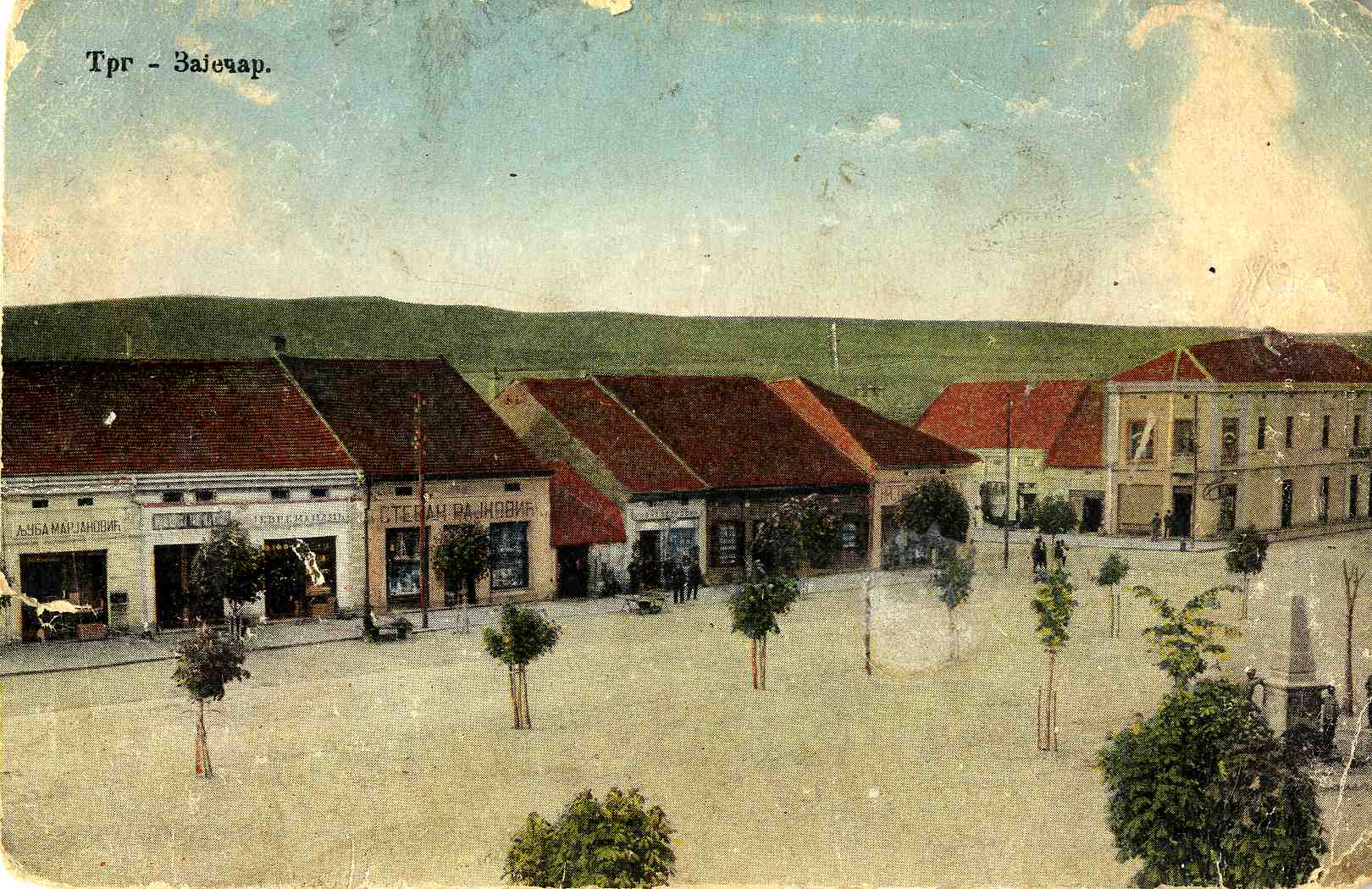
According to the Census of people and properties, the water mill was owned by brothers Nikola and Jovan Lalović, who inherited it from their father.
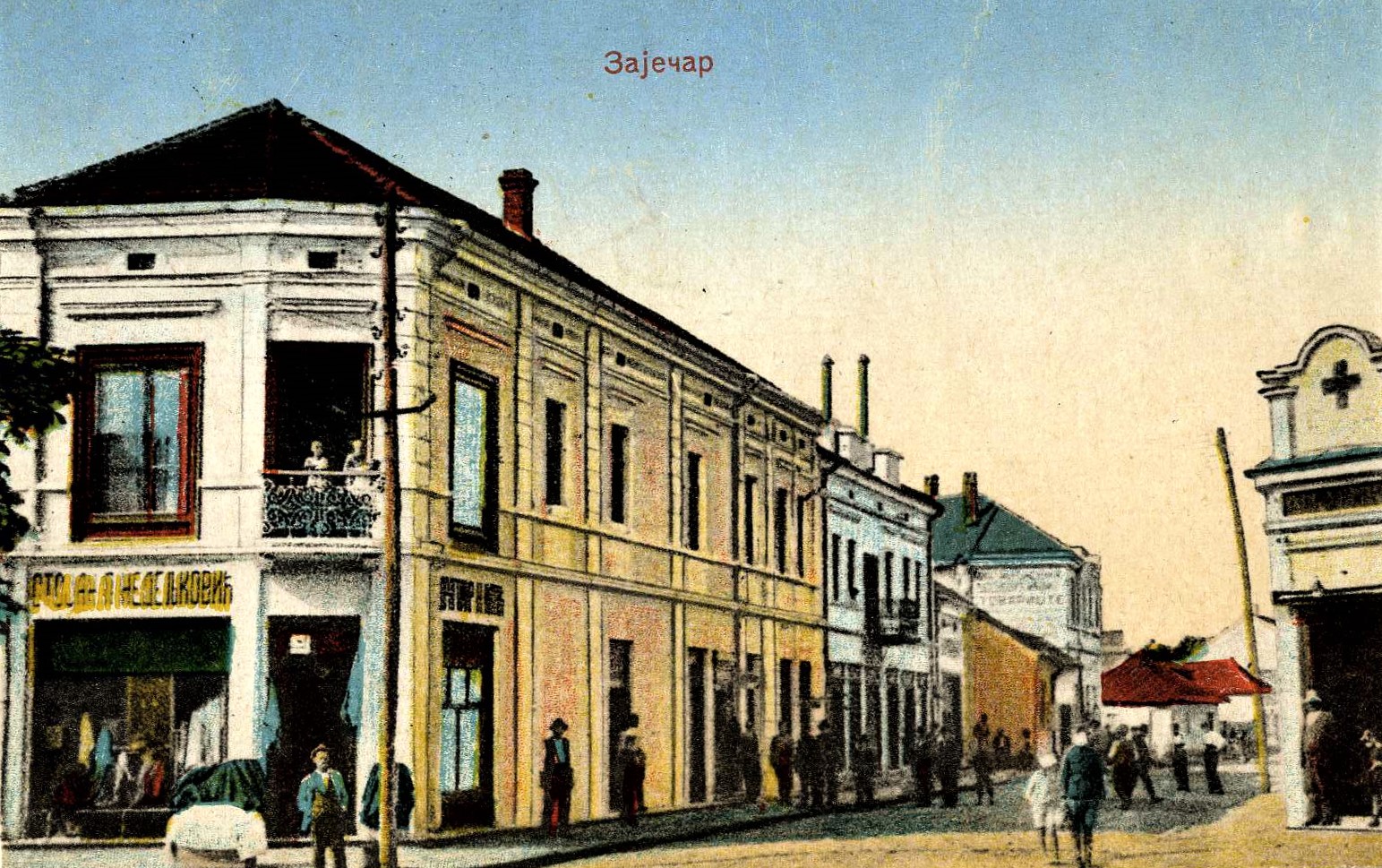
Between two world wars, it belonged to Jovan's son, Uroš Lalović.
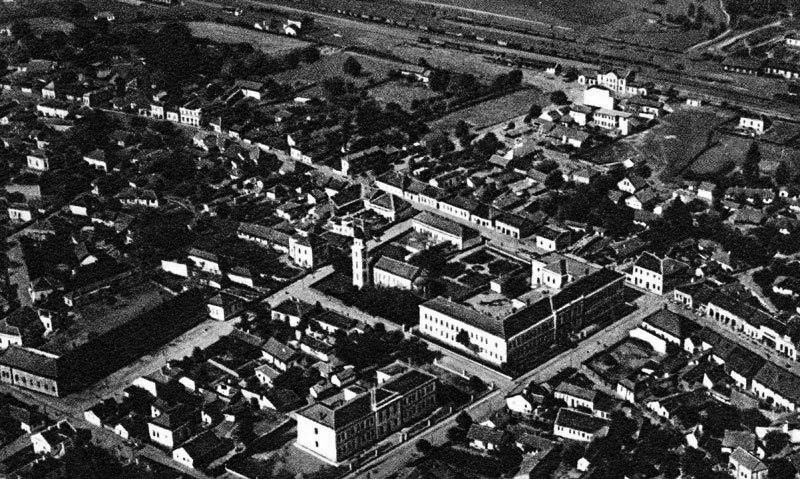
The last owner was Vanja Lalović, Uroš’s son, who did not pay much attention to the keeping of his water mills. He lived of the money earned from renting them out. During World War II, he joined the chetniks of Draža Mihailović and collaborated with the occupiers. Therefore, he was prosecuted in absence after the liberation.
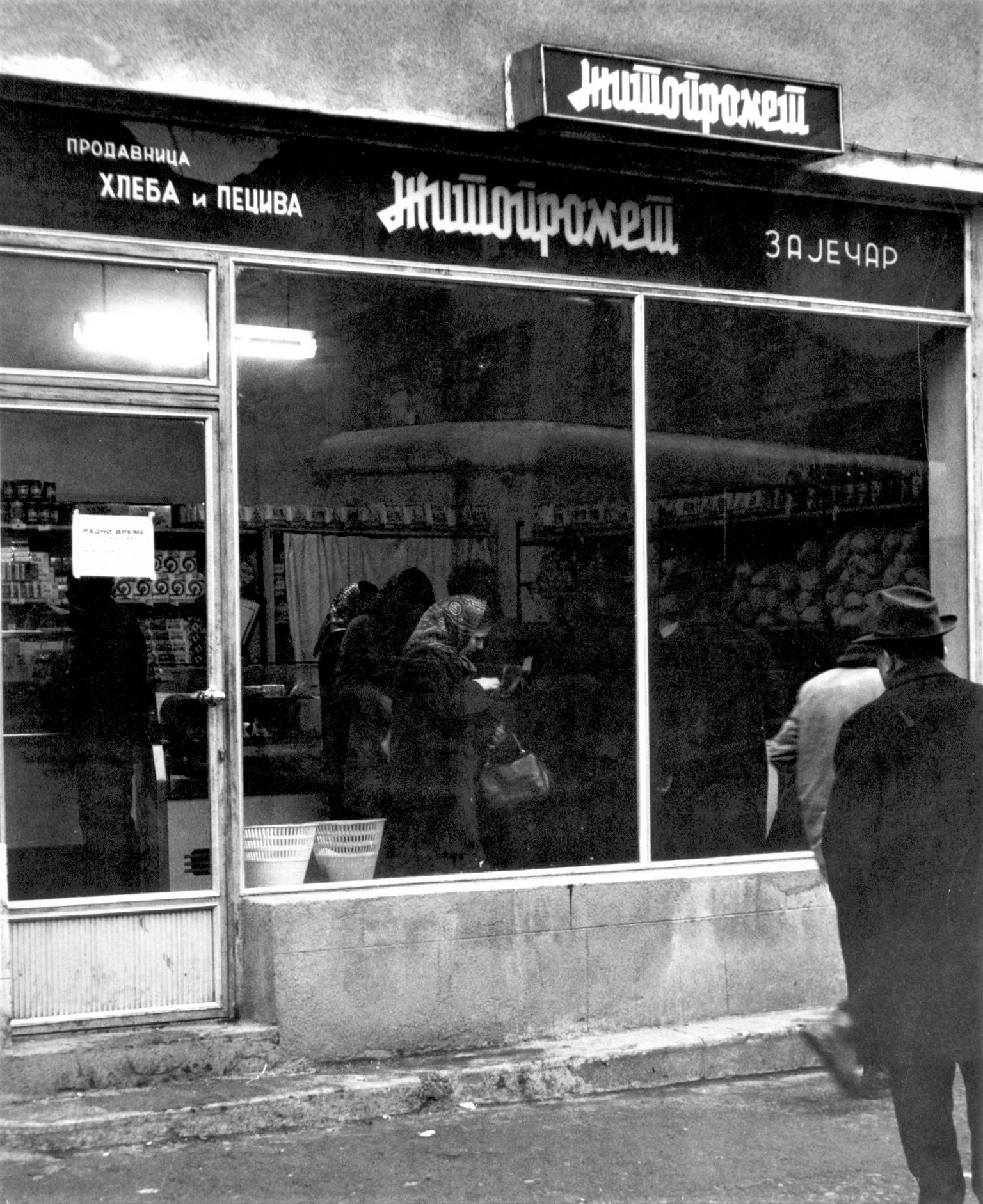
All property of Vanja Lalović was confiscated and the wind mill was given to the new bread-producing state company “Žitopromet”.
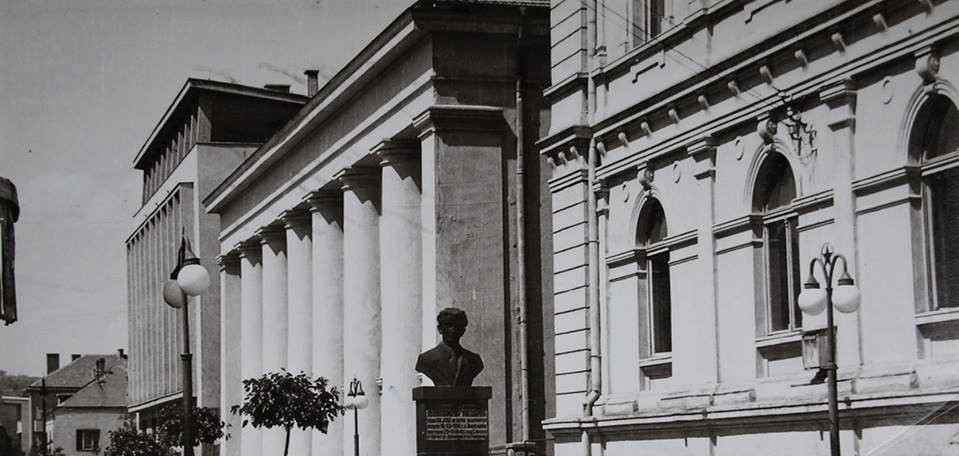
The Workers’ Council of “Žitopromet” transferred the ownership to the City Museum on October 31.
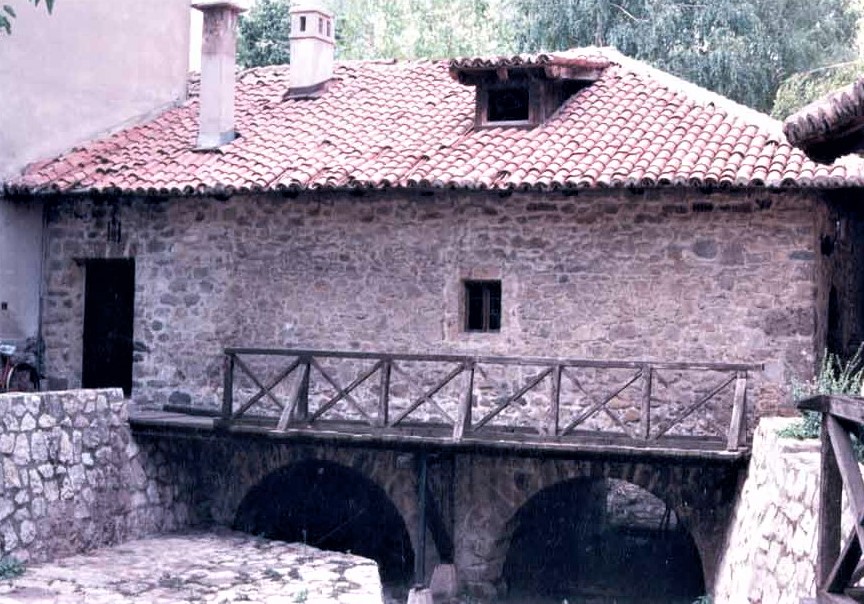
On Museum's request, the State Institute for the Protection of Monuments put the water mill under state protection, obliging the Museum to preserve the building. Due to the lack of finances, the water mill was given to the Hotel and Catering Organization “Serbia”, which after renovation, opened restaurant “Water Mill” serving traditional dishes.
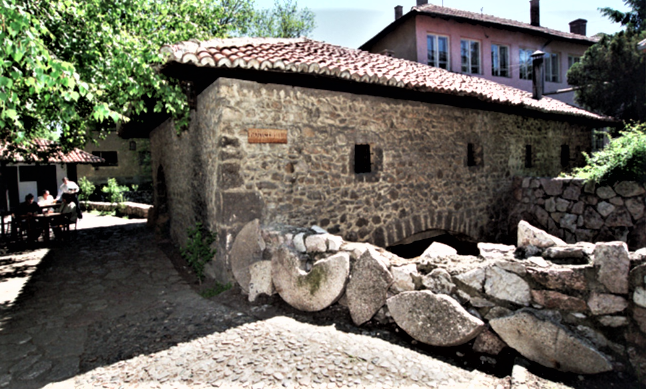
After renovation, the restaurant had even bigger garden and excellent environment for large groups of guests.
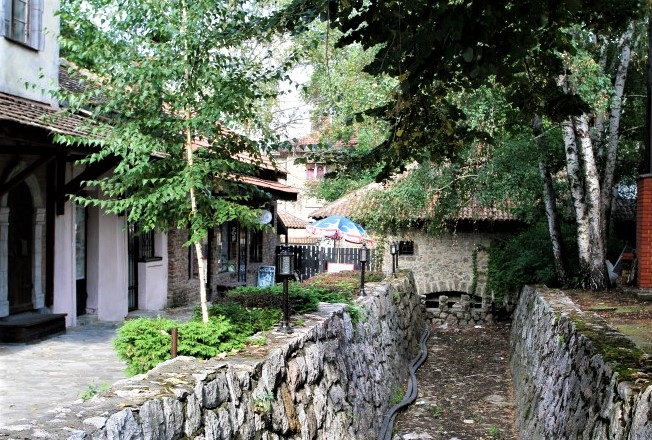
Due to unknown reasons, the restaurant "Water Mill" was closed down, preventing the visitors to see and enjoy the oldest building in Zaječar.
The “Turkish Water Mill” (at some point known also as Lalović’s water mill) is one of the oldest buildings in Zaječar. After the Ottoman Turks departed Serbia, it was in the hands of a man named Kosta from Niš. In 1838 he sold it to Jeremija Zdravković from Rgotina. According to the Census of people and properties from 1863, it was then owned by brothers Nikola and Jovan Lalović, who inherited it from their father. There is no data when Jeremija Zdravković (or his descendants) sold it. Between the two world wars, it belonged to Jovan’s son, Uroš Lalović.
In spite of its old age, it is exquisitely made of strong stones and oak timber, and was well preserved by all its owners. For two full centuries, the “Turkish water mill” ground the wheat with its four mill stones for the citizens of Zaječar and villagers from surrounding villages. As testified by the descendants of Lalović family, the water mill had to be stopped only when the cold weather froze all the water, or when the strong river destroyed the so-called Vanja’s Dam at Black Timok.
The last owner of the “Turkish water mill” was Vanja Lalović, Uroš’s son. He is remembered in history as a person who did not pay too much attention to the keeping of his water mills, and he lived from the money earned from renting them out. During World War II he offered his services to the occupying Nazi forces and joined the chetniks of Draža Mihailović. Therefore, he was prosecuted in absence after the liberation in 1945. All his property was confiscated and the wind mill was given to the new bread-producing state company “Žitopromet”.
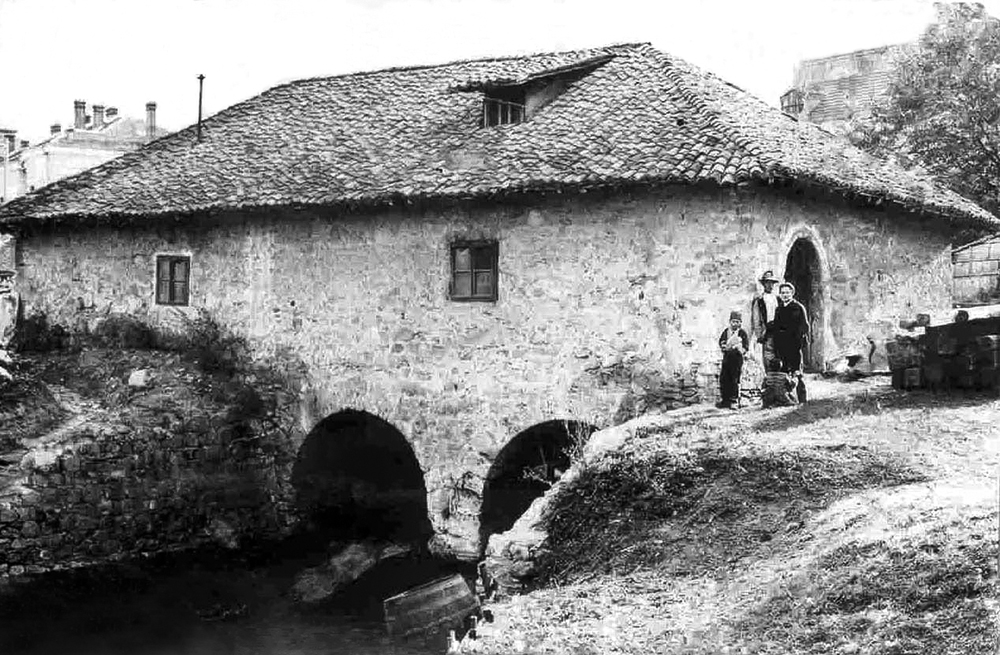
The Workers’ Council of “Žitopromet” transferred the ownership to the City Museum on October 31st 1954. Upon the request by the Museum, the State Institute for the Protection of Monuments put the water mill under state protection in 1959, obliging the Museum to preserve the building. Due to the lack of finances, the water mill was given to the Hotel and Catering Organization “Serbia”, which took over the task of renovating the building. After this renovation, the new Restaurant “Water Mill” serving traditional cuisine was opened.
Since then, it changed several owners, and the last renovation took place in 2012. For still unknown reasons, the Restaurant “Water Mill” was closed down in 2015.
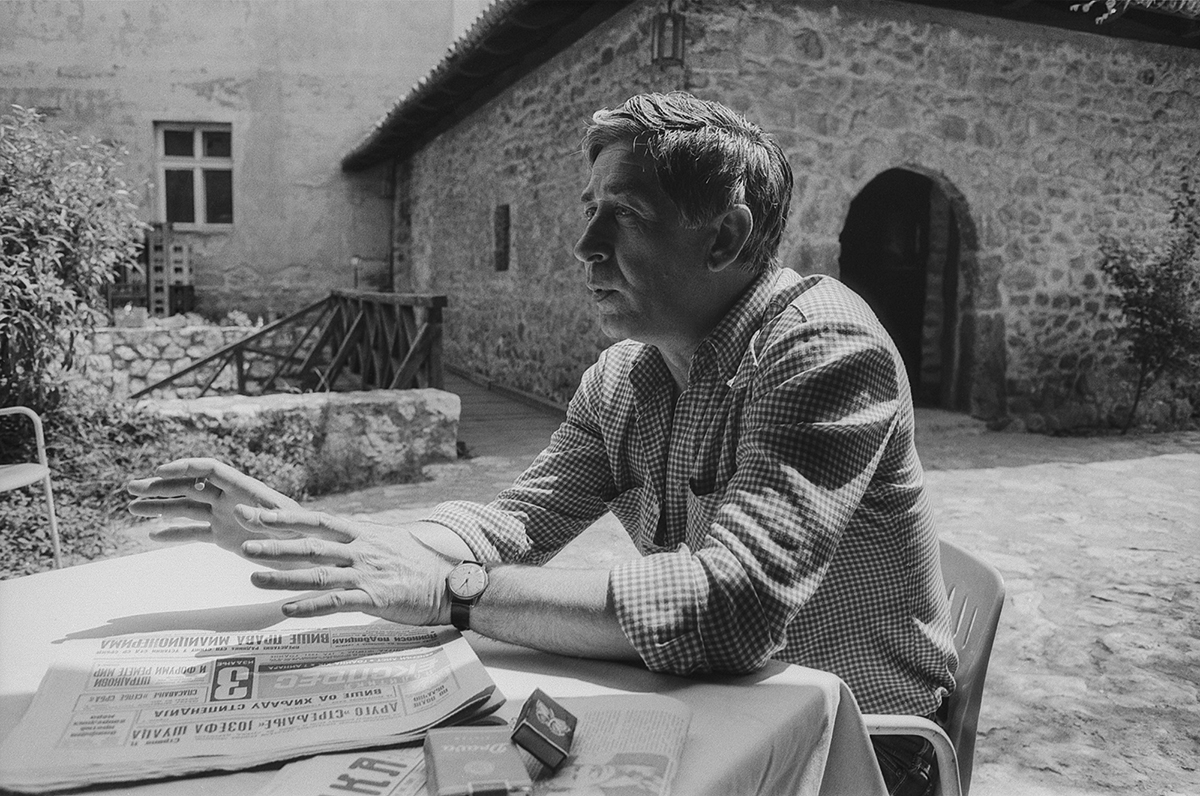
SOURCES:
Suzana Antić, Jelica Ilić, Nina Pogarčić: Zaječar čudesna priča – Iz života u Zaječaru 1466-2006. godine. Narodni muzej. Zaječar, 2013.
Stevan Veljković: Iz starog Zaječara: rodovi i porodice, građevine i radovi. Zaječar, 2002.
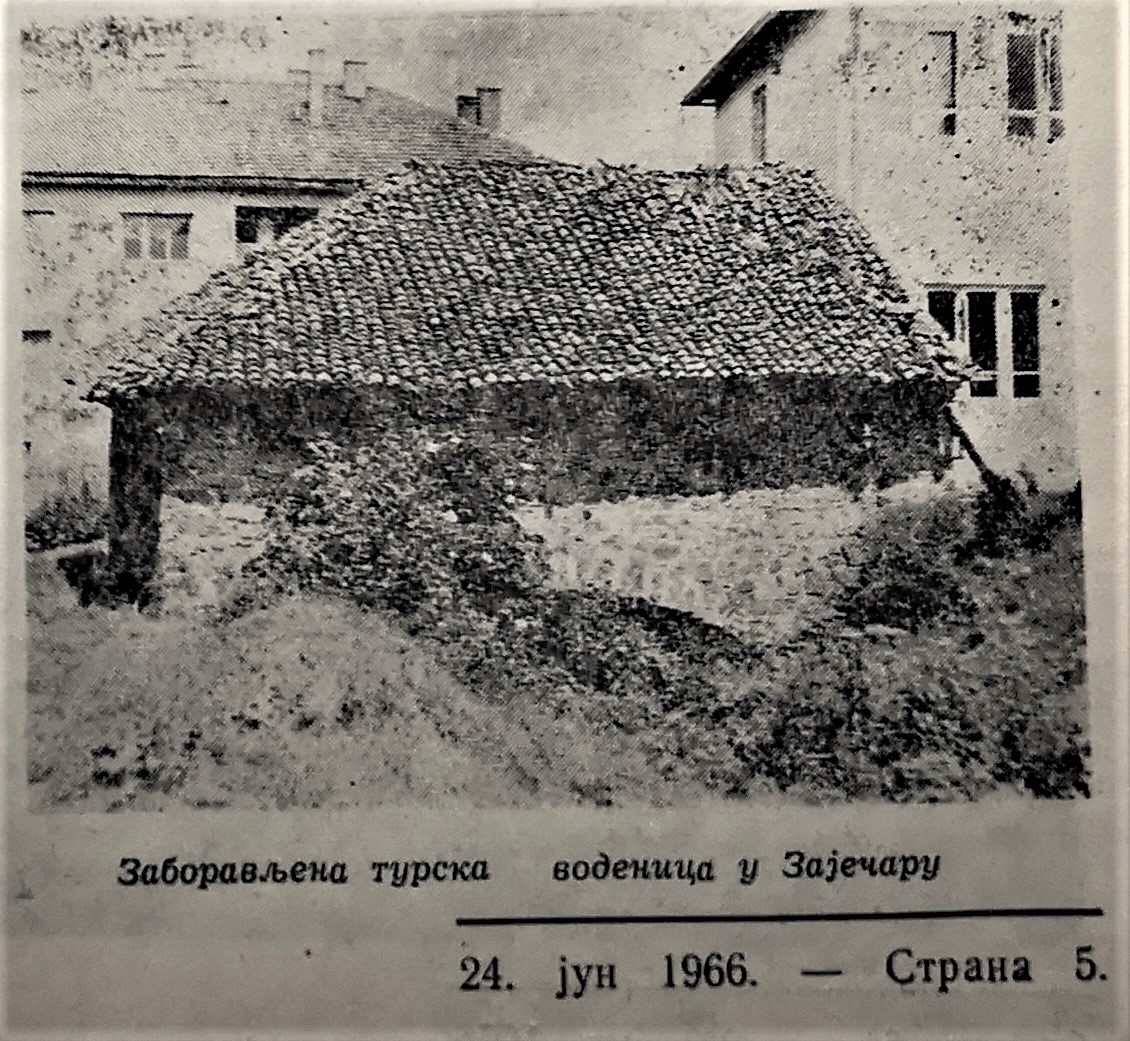
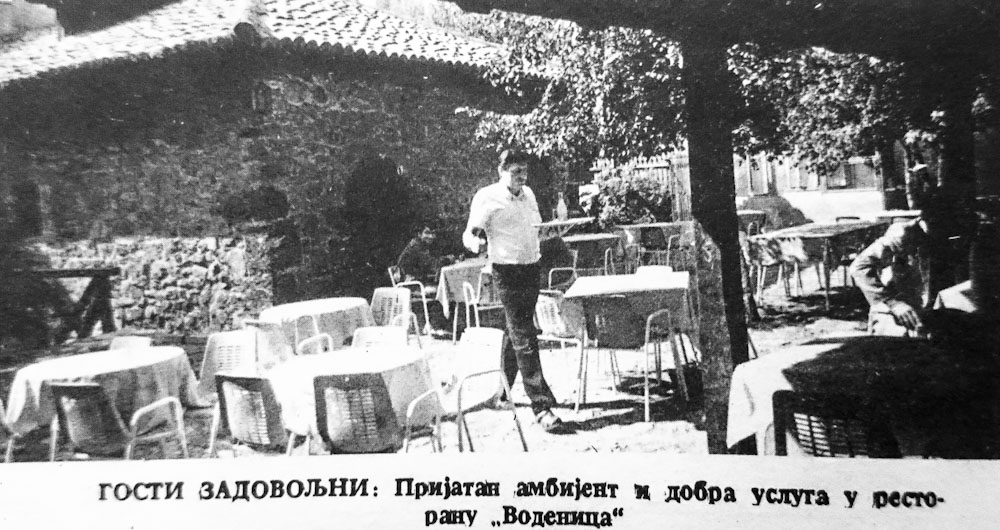
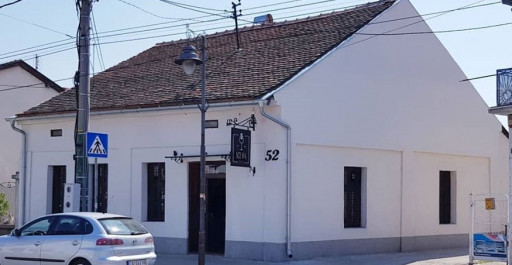
"Scena Bar" continues a long tradition of catering where, since 1893, the inn "Nacional" used to be,...
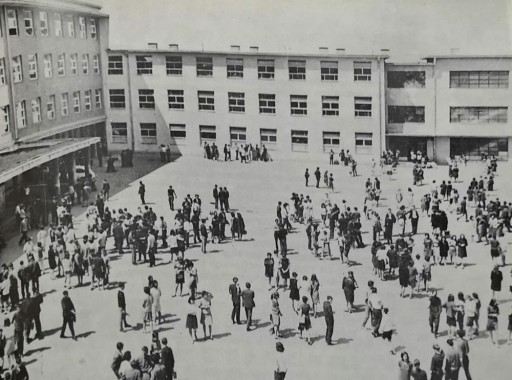
Zaječar was one of the first towns in Serbia with a high school – on August 22, 1836 the “Big School...
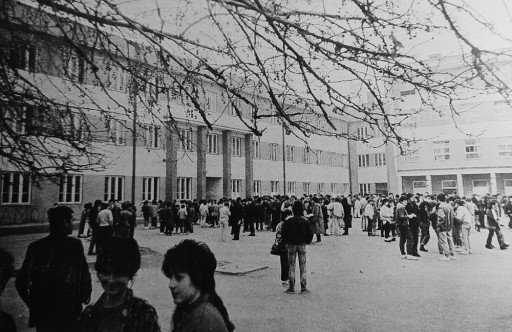
The School of Economics and Trade was founded in 1946 following the tradition of the former Trade Ac...
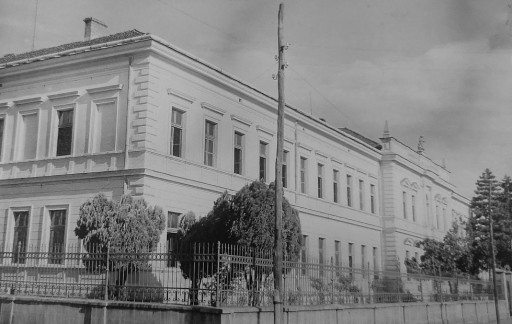
During its long history, it was a home to Zaječar Gymnasium (1893-1959), High School of Economics (1...